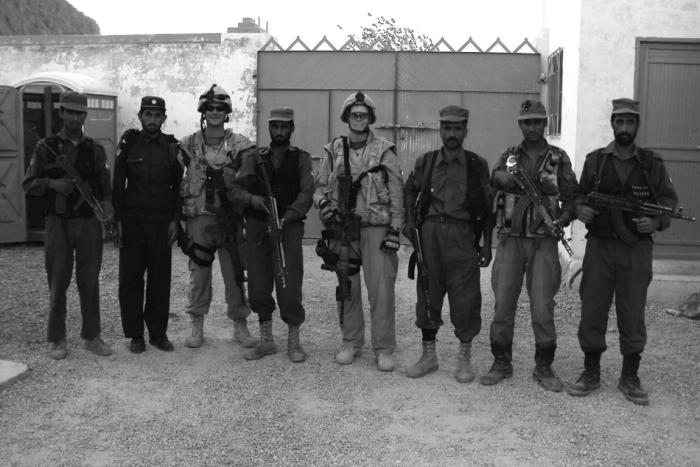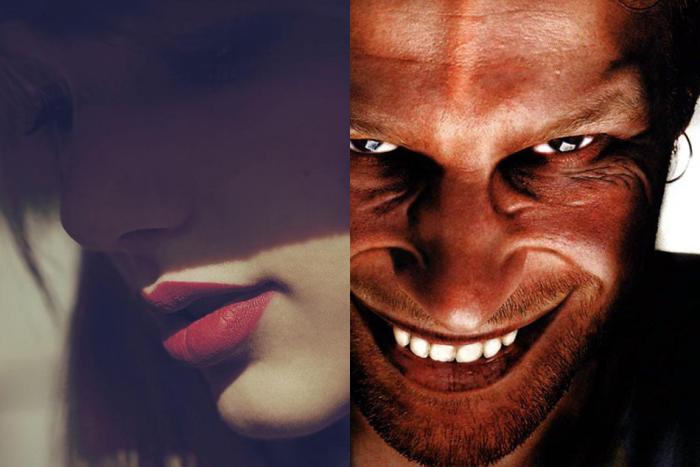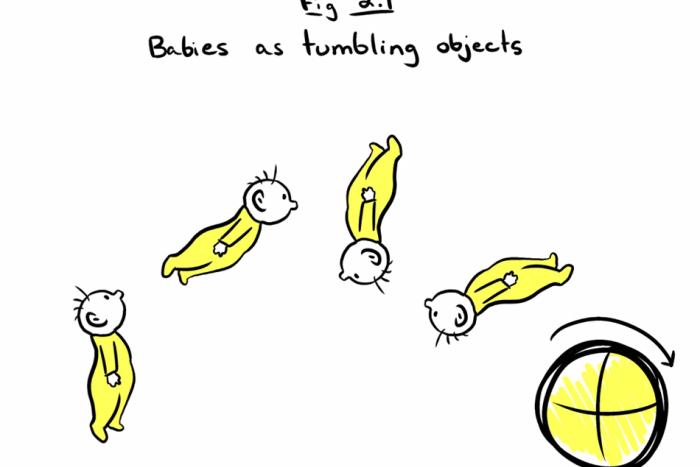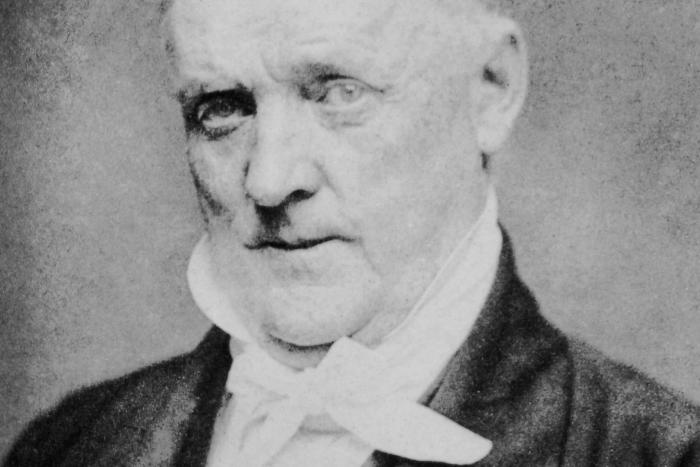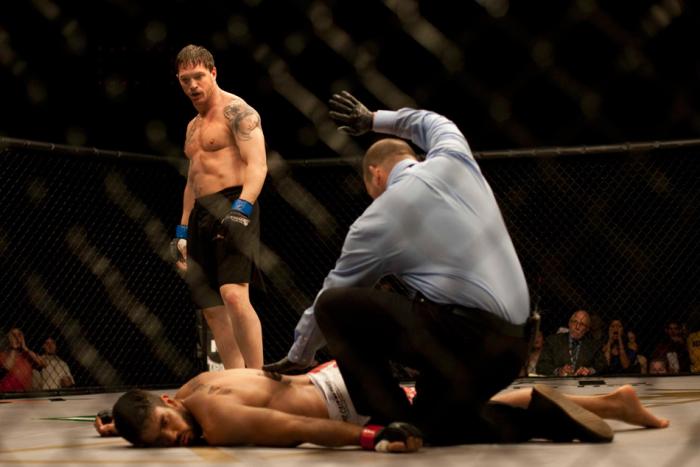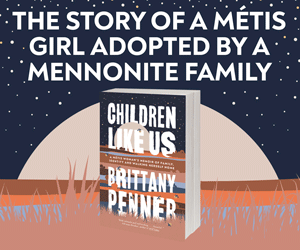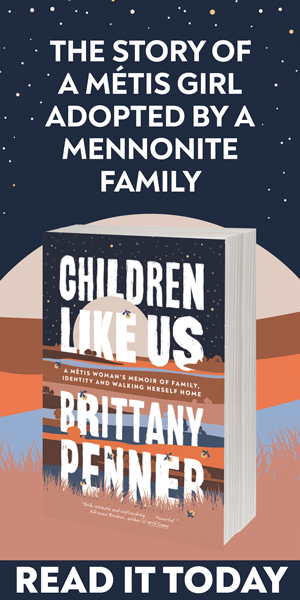On apologizing to someone you slighted, whether you can throw shade or not, and how much of a dick you are for not answering all those texts.
Readings
The Latest
Under the “patriarchal rule” of Afghanistan, three female RCMP officers trained local police in ethical practices. Terry Gould profiles the work of these women in this excerpt from Worth Dying For.
A new study says we gravitate towards our most pathetic friends' Facebook pages when we're in a bad mood—but for a really toxic response, try drunkenly leering at the ones who are doing well.
The comedian's Taylor Swift/Aphex Twin mashup casts the latter as the naïvely self-expressive one and the former as the master technician—and makes you fantasize about Swift's possible final form.
Humans will debate just about anything; whether their positions stand up to any sort of external scrutiny is often of secondary concern. Don't believe us? Take a look at this diagram.
The most overconfident among us may not be willfully delusional: inherent cognitive laziness or built-in defense mechanisms may be to blame. But even accidentally inflated egos can influence others.
Like musicians whose songs you might instinctively call "angular" or "twee," the singer's debut album strikes immediately as "atmospheric"—whatever that means.
Matt Bai's All the Truth Is Out helps answer a baffling question: why do Americans care so much about the minutiae of their leaders' lives?
Kerry Howley's debut book, Thrown, seems to fit into the tradition of the intellectual approaching a violent subculture with anthropological curiosity. Where it differs is in its uncommon empathy.
The author of Adult Onset on parenthood, trauma, and geeking out on psychoanalytic theory.
Pagination
- Previous page
- Page 127
- Next page


